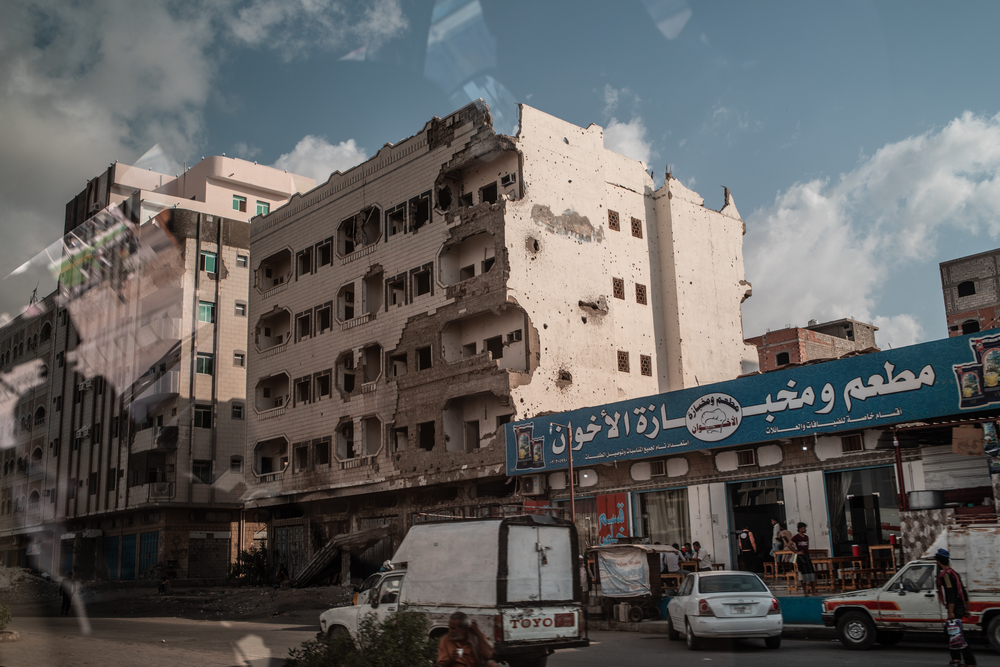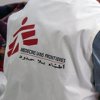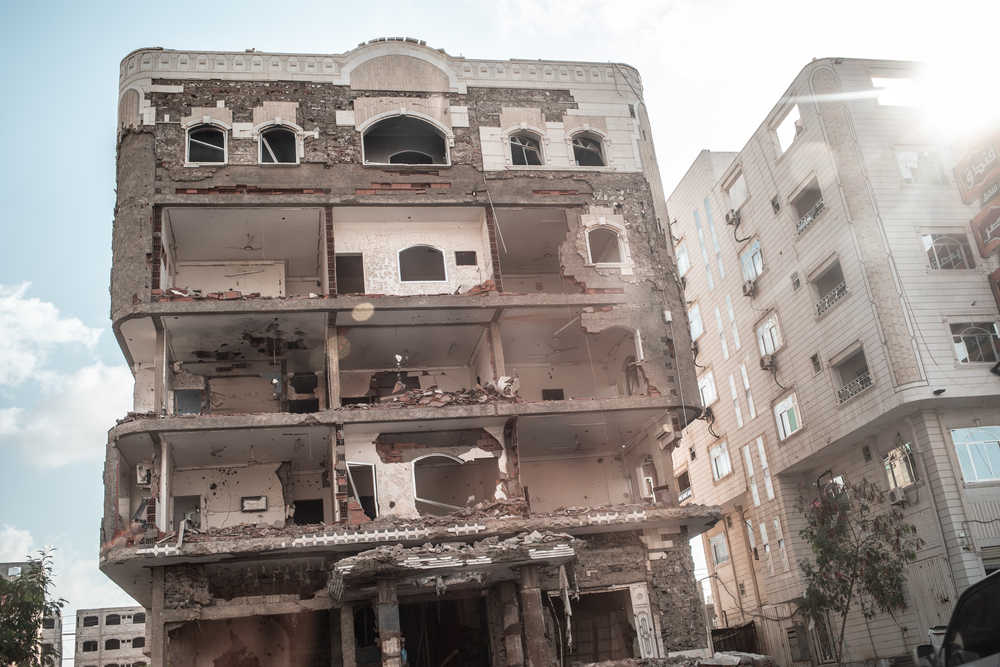COVID-19 in Yemen: “The catastrophe we all feared is here”
In Yemen, MSF doctor Ghazali Mohammed Babiker and his team are fighting back against a double crisis – the arrival of the COVID-19 in a country where years of brutal conflict have left a healthcare system already in crisis.
From al-Amal hospital in the city of Aden, he shares this stark testimony...
"We at MSF have seen many things while working in Aden: we kept our hospital open during the darkest days of fighting in 2015, and are used to receiving hundreds of wounded in just a few hours, like we did last August.
There is something uniquely sad about the outbreak of COVID-19 in the city, however: the catastrophe we all feared was coming is now here.
"The crisis is real... we see its effects every day in our hospital, with people struggling to stay alive and many not making it"
We are running Aden’s only COVID-19 treatment centre at al-Amal hospital, where we have a team of Yemeni and international staff working around the clock to provide the best level of care that they can.
Like in all other countries affected by this virus, however, we are seeing just how deadly it can be.
Gasping for breath
From 30 April to 17 May we admitted 173 patients, at least 68 of whom have died.
This is a very high level of mortality, but it compares to what we have seen in Europe and the US: studies have shown that around half of patients admitted to intensive care units with COVID-19 are dying. COVID-19 is a horrible and deadly disease.
In Aden, patients are coming to the hospital very late. If they arrive when they are already having severe difficulties breathing then it becomes more and more difficult to save them.
MSF doctor Khairil Musa shares his experience of treating COVID-19 patients at al-Amal hospital - this clip was broadcast on BBC Radio 4's Today Programme on 26 May 2020
While staying at home is the right thing to do if you have mild symptoms, if you start to have difficulty breathing then it is really important to go to the hospital.
It is very difficult for our staff to see patients arriving, gasping for breath like a fish out of water, and to know that it is too late to help them, no matter how hard they work.

Help us prepare for the next emergency
“It is not like the war…”
We also know that many people are dying at home: the statistics for burials in the city show that around 80 per day are taking place in the last week, as opposed to ten in normal times. This shows us that in the centre we are only seeing the tip of the iceberg in terms of how many people are infected and dying of the virus in the city.
We also are seeing that medical staff in the city is getting sick, which is another way we can tell just how widely the virus is circulating.
While it is true that there are other illnesses endemic to Aden, we are sure that what we are seeing is COVID-19, even if the authorities do not have the capacity to test everyone and confirm it.
Dengue, malaria, chikungunya: these diseases can be deadly, but they do not kill the number of people in the short space of time that we are seeing.
That is why it is so important for people in Aden to take this disease seriously. With an invisible virus it is sometimes difficult to feel that this crisis is real. It is not like the war, when we could all hear the shooting and see the bombs going off.
The crisis is real, however, and we see its effects every day in our hospital, with people struggling to stay alive, and many not making it.
Limiting the spread
Everyone must play their part in limiting the spread of this virus, therefore.
We need to avoid going out as much as possible, but if we have no choice then we should stay at least one metre distant from people when we do, avoiding physical contact.
"We are doing the best we can to help Aden through these dark days, but we cannot respond alone"
If you have a fever or a cough then you need to stay at home to avoid spreading it to other people.
Most cases of COVID-19 will be mild, but if you start to have difficulty breathing, you need to seek medical help.
A destroyed healthcare system
It has been a real challenge to open up the treatment centre at al-Amal.
Everyone all over the world is learning how to deal with this virus, but countries like Italy and France have the advantage of a good healthcare system. In Yemen, by contrast, years of war have left the healthcare system destroyed.
The team have put in so much effort since taking over the centre in early May, but the pride in that work is tempered by the sadness of what we see.
We are doing the best we can to help Aden through these dark days, but we cannot respond alone. The United Nations and other donor states must to do more to help Aden, and the rest of Yemen.
The country needs money to pay health staff, the healthcare staff need more personal protective equipment to keep them safe, and patients need more oxygen concentrators to help them breathe.
The world must not leave Aden and the rest of Yemen to face this crisis by themselves."


